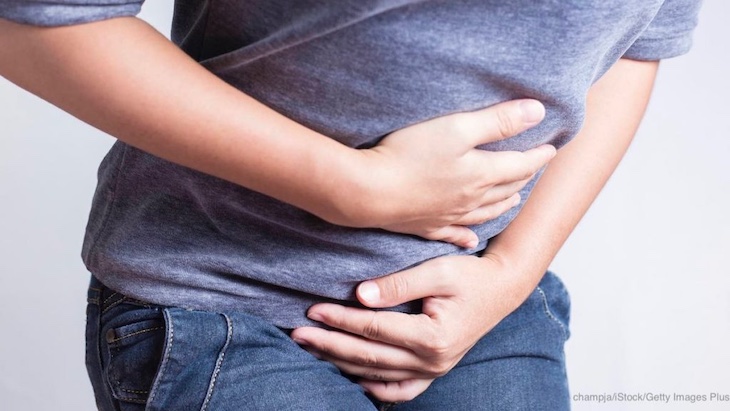A new study in the American Society for Nutrition has identified seasonal peaks for foodborne illness outbreaks using a newly developed approach. The researchers hope that this information could be used to “optimize the timing and location of food inspections.”

Ryan B. Simpson, doctoral candidate at Tufts University Friedman School of Nutrition Science and policy said in a statement, “We rely upon food producers, distributors and retailers to keep food safe in fields, grocery stores and restaurants. A lapse in food safety practices during any step in the food delivery and supply chain can jeopardize human health, waste food resources and threaten the national food economy.”
If government agencies and the healthcare industry know the patterns for each pathogen and state, an optimized schedule for food safety inspections could be created, according to the research.
The new analysis will be presented as part of Nutrition 2020 Live Online, which is a virtual conference hosted by the American Society for Nutrition. The research was conducted under the supervision of Elena N. Naumova, who is Chair of the Department of Nutritional Epidemiology and Data Sciences at Tufts University Friedman School of Nutrition Science and Policy.
The researchers found that although seasonal peaks for foodborne illness occur in July every year, food recalls linked to those illnesses are usually delayed by 1 to 2 months, peaking from mid-August through mid-September every year. These findings were consistent across all of the states and pathogens the researchers examined.
The researchers next want to refine their analysis by looking at specific foods that are linked to outbreaks. And they want to look at the relationships between outbreaks for pathogens with food preparation practices.
Simpson added, “Our future research will provide valuable information that could help refine existing food safety policies while also aiding food producers, distributors and retailers in preventing or mitigating foodborne outbreaks.”




